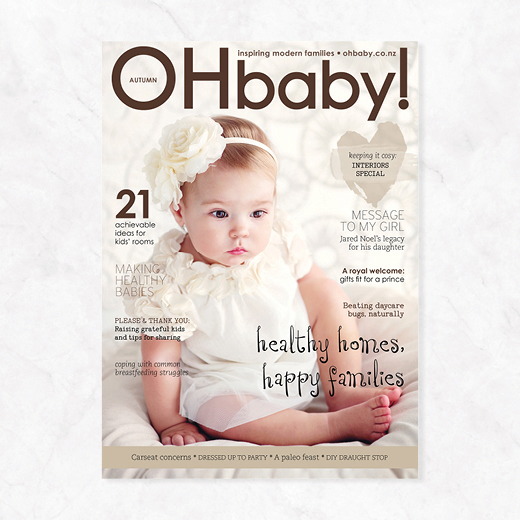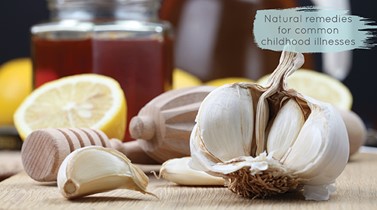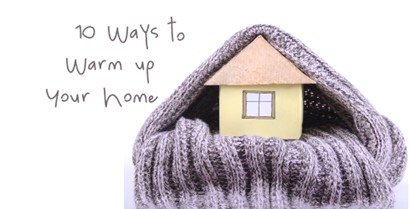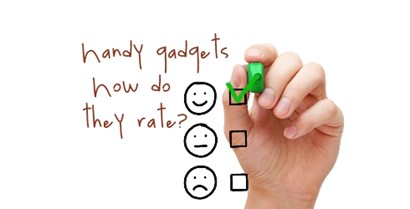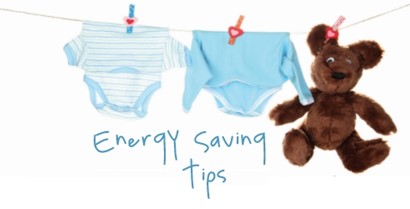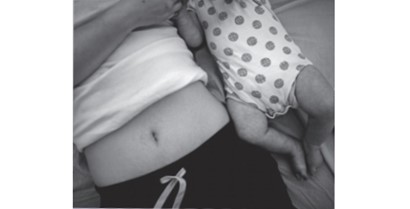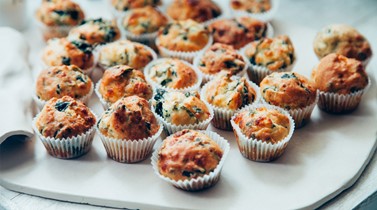How To Create An Attitude of Gratitude In Children
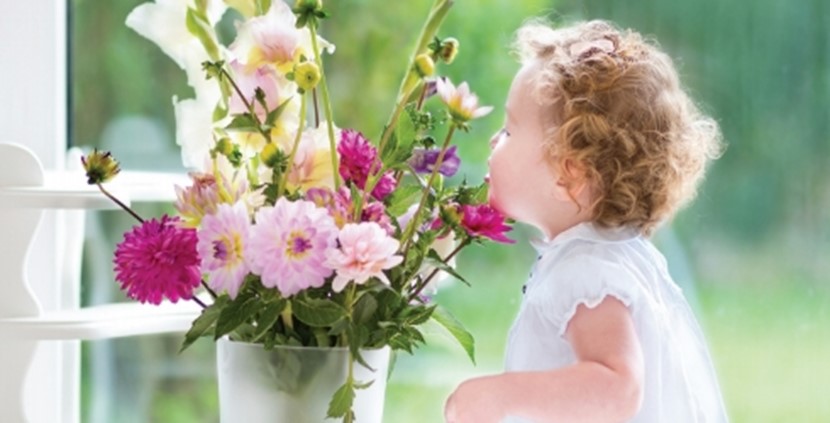
Psychologist Dr Melanie Woodfield on how to foster an attitude of gratitude and encourage contentment in our children
Gratitude. It’s a concept I was first introduced to as a teenager while watching Oprah. That influential woman suggested we all keep a gratitude journal, noting down three things per day that we’re grateful for. What a good idea, I thought. And went on to do absolutely nothing about it. In recent years, I’ve been reminded of the importance of gratitude as a wave of happiness research hits mainstream psychology. In all seriousness, proper researchers have suggested that gratitude is one of the keys to true happiness. In fact, “We can only be said to be alive in those moments when our hearts are conscious of our treasures,” as US playwright and novelist Thornton Wilder said.
As parents, we can spend hours meditating on the relationships we value, and the things we have which we appreciate, such as a warm home or a pantry full of food. I’m being somewhat sarcastic — we often don’t have time to shower, let alone meditate. But we usually have an idea that gratitude is a good thing. It’s something we want to foster in our own lives, and in the way we raise our children.
In the quest for gratitude, first up we need to define what we mean. Do we mean saying “please” and “thank you”, or are we referring to an internal sense of appreciation and awareness of how lucky the little darlings are? The two are very different. The first can be taught, and the second develops like a fine wine, as long as you create the kind of environment that fine wines need. First up, take a moment to think about what a grateful child means for you and your family.

Manners
Manners are a social thing that society has come to expect. They can be taught in the same way as any other socially acceptable behaviour, such as wearing knickers or not picking your nose.
Two things are really important here. First, be a good model. Kids tend to do as you do, not as you say. Make a point of using “please” and “thank you” when the kids are around, especially in public, if that’s what you’d like them to do. Also wear knickers and don’t pick your nose, to be on the safe side.
Second, shower them with specific praise. If you describe what they’ve done that you liked or appreciated, it’s not only showing them gratitude, it’s making it much more likely that they’ll do it again. It’s a fact: Praising a behaviour makes it more likely it will happen again.
“I love how you said thank you, great job!” or:
“Because you asked so nicely and said please, I’m going to let you have the lolly.”
The starving children in Africa
“Comparison is the thief of joy”: That’s certainly true when it comes to comparing our lot with the lot of the Joneses over the fence. Despite this, we can find ourselves encouraging our kids to compare how fortunate they are with how unfortunate kids in other cultures are — the old “eat your dinner, there are kids in Africa who don’t have any food at all”.
For very young children, you’re likely to find you’re wasting your breath, they’re egocentric wee creatures and that’s not an insult — it’s a technical term.
Very young children think their reality is shared by everyone. Under about six years of age kids can have a very limited understanding that other people have experiences and perspectives that are different to their own.
But, it can be really useful to foster a sense of how privileged we are, and starting with the basics such as what we eat and how we live can be really enlightening for slightly older children. So, if kids are curious, tell them how life is for kids in other parts of the world. A great book to help with this is Where Children Sleep by James Mollison. It is a collection of photos of children’s bedrooms from around the world and the differences are incredible (think American pageant princesses versus homeless Italian gypsy children). Be prepared for kids who feel a sense of guilt that others have so little — perhaps have some practical remedies up your sleeve. You could sell unused toys to raise money to give to a charity, or take some coins from their piggy bank to pop into a collection bucket.
Spoiler alert
There are almost always people in your child’s life who are spoilers. They love to spoil. And these people are often referred to as Nana or Grandma. It’s not just the older generation though. The Guardiannewspaper in the UK recently coined a new term, the PANK, to describe Professional Aunts with No Kids. They’re spoilers too.
One of my little men has a most unbecoming habit: Grandma arrives for a visit, and Master Three immediately demands, “What you got for me?” Mortifying. But in his wee world, Grandma arriving has usually been associated with a gift of some kind — lolly, cake or stickers. (On a bad day it’s all three. He sees this as a good day). So it’s only reasonable that he wonders aloud about what she’s got for him this time.
Many a time I’ve suggested to the grandparents that the kids don’t need another sweet treat. Many a time said grandparents have suggested to me (quite rightly) that they see it as one of their roles to spoil the kids. We parents do the time-out and the toileting, and the grandparents do the cake and cartoons. Still, it’s not okay for kids to demand or expect treats. And grandparents can be supported to only dispense the sweets at a time when kids are sitting nicely or asking politely. Kids can also be taught that the rules are a bit different when they’re with Grandma as it’s a special time.
More and more… and more
It’s a fact that advertisers play on our children’s (and our) desire for more, more, more. There’s a reason why they have little pictures on the back of toy packs showing all the other enticing versions available. Kids can very easily get caught up, especially when we’re out and about, in wanting more. And it tends to be that the more they get, the more they want.
Recently, one of my wee ones threw a spectacular wobbly in a book store when he wasn’t allowed an umbrella. Yes, an umbrella, in summer, from a bookstore. The umbrella was enticingly placed near the checkout and, for a tired toddler, this was irresistible. The cries of: “But I NEED an umbrella. I WANT IT NOW!” echoed through the shopping mall. Not our most grateful moment.
Think of the following interaction (hypothetical, of course):
(Child and parents in toy aisle, looking for birthday present for another child).
Child: “I want this one.”
Parent: “Come on, we’re looking for Jake’s present, not yours.”
Child: “But I NEED this one, it will finish off my police station set.”
At this point, you’re a bit fed up, in a rush, and needing to get a darned present for darling Jake before school pick-up in 10 minutes. Things could go wrong… very wrong.
Keep in mind the very powerful forces of marketing currently working against you.
Here are some tried and true tactics to negotiate this minefield: “Wow, it IS cool. Look at that siren!” (Taking child by the hand, grabbing a present for Jake in the other and walking confidently towards the checkout).
“I wish we could have all the toys in this shop. Wouldn’t that be amazing? We could build huge shelves and have a toy aisle in our hallway. Think how funny that would be. Great, now we’re all set. Let’s pay for this, and you can choose which song you want in the car, since you’ve been so helpful.”
Another one is: “Brilliant. Good thinking. (Pulling out list from huge mother-type handbag). Let’s add that to the list for your birthday. I want to write it down so I can make sure I remember how cool it is.”
The list thing can be very powerful. Kids can help to add to their wish list throughout the year, and then close to birthdays or Christmas, they can sit down with you and refine it by choosing their top five picks. This can be helpful when out at the shops or when advertisements come on television.
Thankful habits
How about writing good old-fashioned thank-you cards? Yes, this practice harks back to a time when four year olds couldn’t text, but it encourages slowing down and taking time to consider what they’ve received. It also reminds them who gave them the Spiderman bubble bath at the birthday party when they were showered with presents.
This often then becomes a habit — a practical way to express gratitude.
Grateful gatherings
How about a daily practice of sitting together and talking about something you’re grateful for. As parents, we can model gratitude for the big stuff like being healthy and having family around. Kids can say how grateful they are that their Duplo tower didn’t fall down. If you’re a praying family, prayers can be a great way of showing gratitude for what we have.
I hope these suggestions were helpful. I also hope you were suitably grateful to receive them. I’ll look forward to the card(!)
Dr Melanie Woodfield is a clinical psychologist in Auckland, a wife and mum to two young boys. She’s constantly saying “pardon?” and pretending not to hear her children unless they use the magic word.

AS FEATURED IN ISSUE 25 OF OHbaby! MAGAZINE. CHECK OUT OTHER ARTICLES IN THIS ISSUE BELOW
